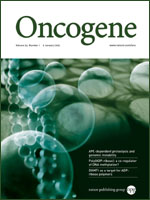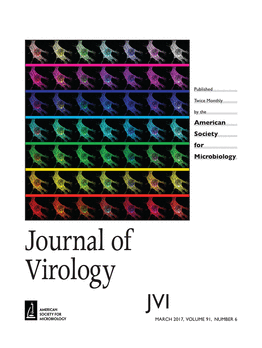 Under threat of a lawsuit, an education journal changed its mind about publishing a paper that it had already accepted after peer review.
Under threat of a lawsuit, an education journal changed its mind about publishing a paper that it had already accepted after peer review.
Last summer, Education Policy Analysis Archives, published by the Mary Lou Fulton Teachers College at Arizona State University, informed San Francisco State University professor Stanley Pogrow that the journal would be publishing his paper criticizing a widely used reform intervention for schools in poor districts called Success For All.
According to Success For All‘s website, the program is currently used in more than 1,000 schools in 48 states and received just over $10.5 million in grant funding in 2015. In 2010, the program was one of four recipients of the U.S. Department of Education’s $50 million Investing in Innovation Scale‑up grant.
Yet when Success For All’s co-developer, Robert Slavin at Johns Hopkins University, read a pre-publication draft of the paper, he threatened the journal with legal action if they published it. According to Slavin, the manuscript contained “libelous” and “defamatory” statements.
Subsequently, ASU declined to publish the accepted paper, and instead told Pogrow they would only publish a revised piece on the methodology used to evaluate which school interventions are effective — and thus should receive public funds. The revised paper does not directly mention Success For All or Slavin in the text (although it cites past articles by Pogrow criticizing the program). The revision, which Pogrow agreed to, “gutted the article,” he told us. Continue reading After lawsuit threat, journal forces author to heavily revise education paper






 When zoologists at the University of Oxford
When zoologists at the University of Oxford  Here’s a rather odd case: When readers raised issues about some of the images in a 2008 cancer paper, the authors issued a correction last year. But when
Here’s a rather odd case: When readers raised issues about some of the images in a 2008 cancer paper, the authors issued a correction last year. But when 
 A group of researchers in France has been forced to retract their 2002 article in the
A group of researchers in France has been forced to retract their 2002 article in the